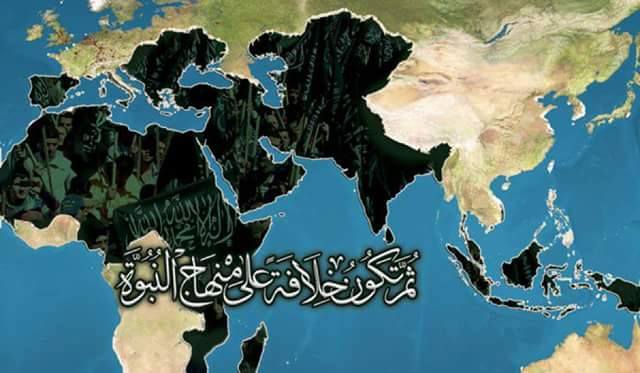
الحمدلله
Islam | Sunnah | Migration | Struggle | Khilafa | Affairs of the Ummah | Ideological Genealogy | Institutional, Socio-Economic, and Policy Analysis
How to get URL link on X (Twitter) App

https://twitter.com/DuBo50/status/1964546014565847160...work, just like a hammer is only one tool in building a house.
https://twitter.com/malabarIII/status/1964285992321401301Purchasing weapons, sending students to learn engineering in the West, building production facilities using Western machine tools, signing long term maintenance contracts, etc. all strengthen the kuffar.
https://twitter.com/islamicize/status/1963756356973850795...framed European culture as representing a higher or more advanced stage of development, similar to how children grow up, learn to walk, develop linguistic skills and eventually reach maturity.
https://twitter.com/Cryptodownbad/status/1962321641892986892They obtained technology by providing things that the West needed - in the case of China, cheap production and manufactured goods, and in the case of Russia, oil and gas.

https://twitter.com/Omarnksa/status/1961780326356713673...lands, and losing control of Muslim lands would mean losing the capacity to produce such technology.

 The first thread responded to the idea that the attacks served Western interests, and considered the actual long term objectives and impact.
The first thread responded to the idea that the attacks served Western interests, and considered the actual long term objectives and impact. 
 These carvings were not only decorative or symbolic. They were actually believed to have protective power from the gods in themselves.
These carvings were not only decorative or symbolic. They were actually believed to have protective power from the gods in themselves.https://twitter.com/AmzBoogie/status/1934378347410112914...of humanitarian minded kuffar then seem better and more courageous than what the normal Muslims are doing (whose inaction is tacitly approved by "approved" scholars).


 ...with pure aqeedah, but who does not participate in jihad?
...with pure aqeedah, but who does not participate in jihad?https://twitter.com/stewjo004/status/1925908278984179848Those who were excessive in takfir and harmed the Muslims by that will be recompensed for that, those who died fighting the kuffar to establish Allah's sharia will be recompensed for that.
https://twitter.com/postnomadic/status/1925595329296310390...promoting Bitcoin to inflate the value of their own holdings, a type of dynamic that is also seen in pyramid and Ponzi schemes.
https://twitter.com/coolguy12345667/status/1925384313551692011Modern Western military industries have depended very much on chronically dependent Muslim countries for their development.
https://twitter.com/coolguy12345667/status/1925343186949747121China has similar issues, but is struggling hard to become more independent.